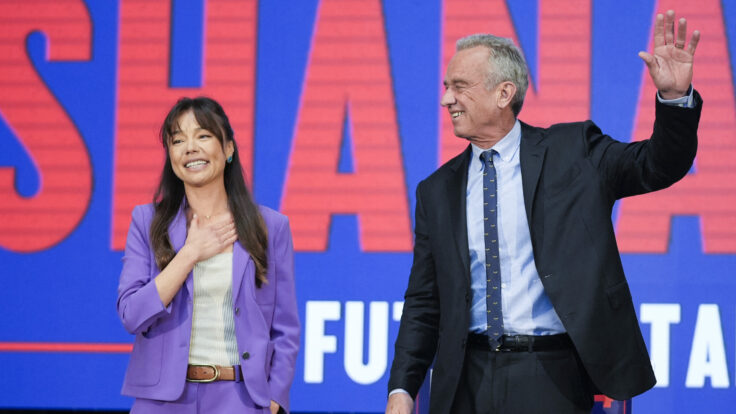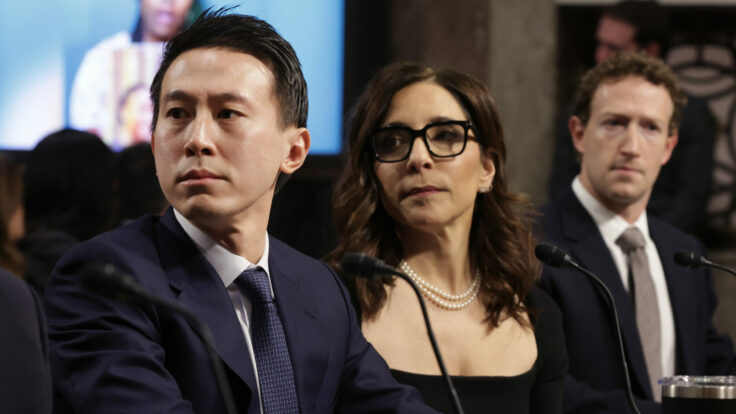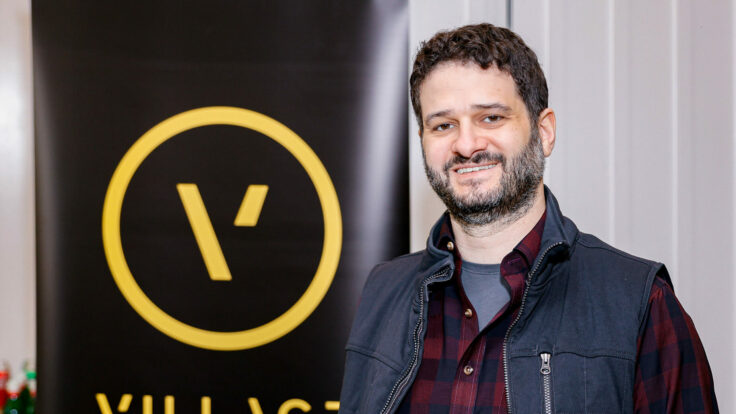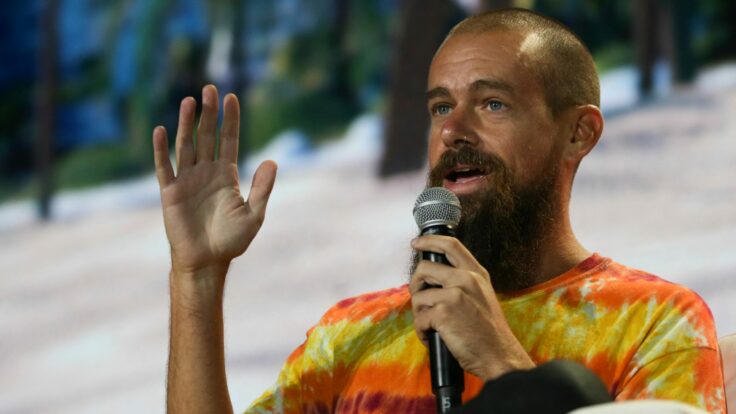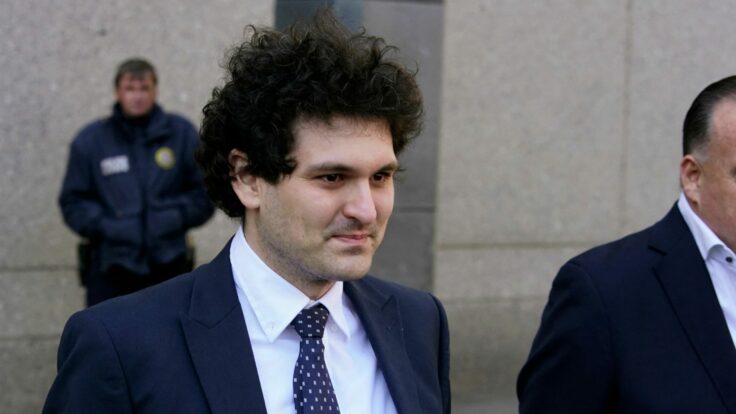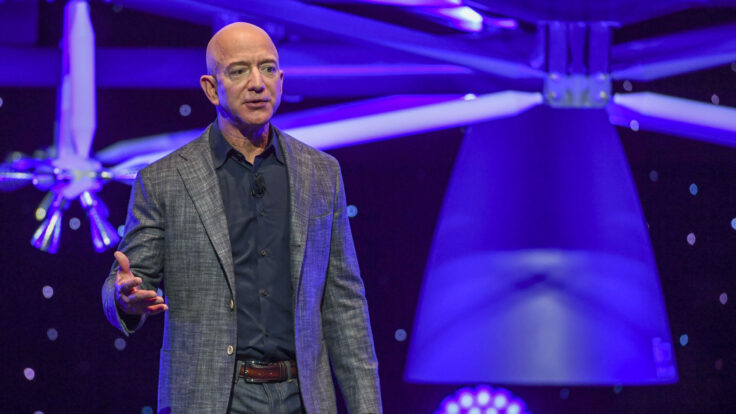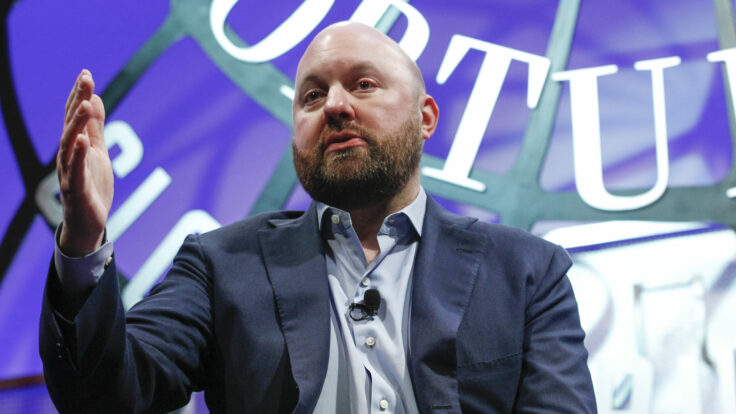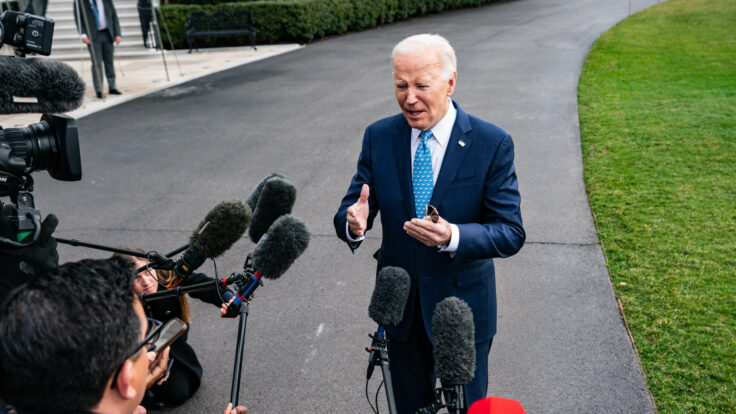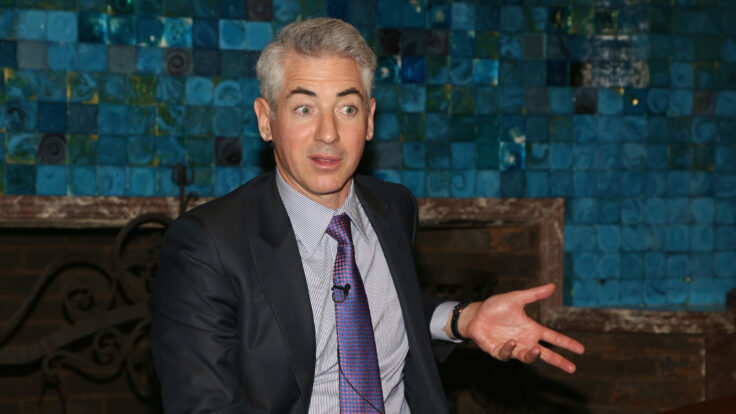At the annual Code Conference in 2016, Elon Musk, then arguably at the height of his self-aggrandizing, hyperbolic powers, made an assertion that would ripple into the present. “Autonomous driving is a solved problem,” he declared, onstage with Kara Swisher and Walt Mossberg. Highways were now “relatively easy” to navigate using the technology, he continued. Incredibly, he claimed, the Tesla Model X “can drive autonomously with greater safety than a person right now.”
Of course, seven years later, neither the Model X nor any other Tesla vehicle can truly drive autonomously, let alone more safely than a human. In that time, Tesla’s “Autopilot” software has been involved in hundreds of crashes, some of them fatal. Now, Musk’s over-the-top salesmanship may finally come back to haunt him. On Thursday, the Tesla legal team finally relented to allowing Musk to be deposed in a lawsuit over one of those fatalities, which may impact the future development of A.I., deepfakes, ChatGPT, and more.









